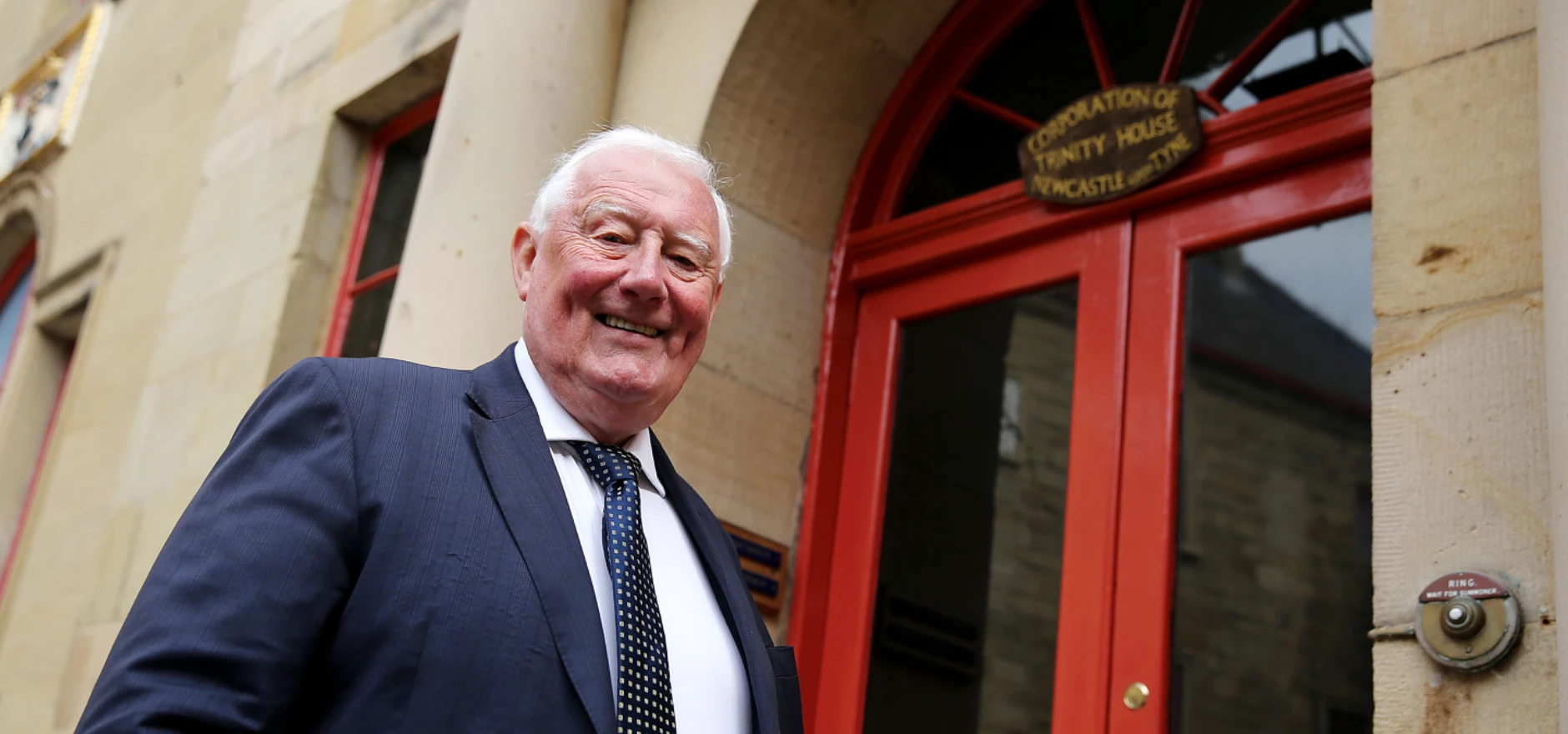
Mediation must be part of planning process
The Government has made a commitment to make the planning process more efficient.
Its plans include greater provision of affordable and social housing, cutting red tape to make decisions more quickly, capturing greater development gain and a focus on the ‘grey belt’ – the re-use of land in the greenbelt.
The process of any planning application, of course, requires conditions.
These include Section 106 agreements and are essentially developers’ contributions towards enhancing infrastructure and social provision to offset the impact or cost of a scheme on the immediate community and environment.
But these conditions can take too long to negotiate and, therefore, lead to slow progress.
And there has been much support for mediation to be introduced.
I recall a meeting to discuss the use of mediation with both the Planning Inspectorate and Directorate in the 1990s.
I went on to train neighbourhood plan examiners in the early 2000s in the techniques of mediation in the plan examination process.
But we continue to have no traction in the usage of mediation.
Over the last 30 years or so as a mediator, I have seen considerable support and adoption of mediation across all aspects where disputes have arisen.
Highly successful was the introduction of a policy of ‘no dispute will stop work’ among the stakeholders in the construction of the Elizabeth Line, in London.
A dispute would be referred to an independent expert panel and the mediator to resolve, to keep the work on programme.
Now, that is a large-scale example. But mediation is equally effective on a smaller scale too.
We have a housing sector in crisis, particularly in the affordable and social sectors, but also in the delivery of greater numbers of homes to balance supply and demand, and bring a better and more stable market.
The RICS expert working group, on which I am a member, in consultation on changes to the planning process, is imploring the Government to introduce a dispute resolution mechanism to help accelerate the planning process by facilitating negotiations and, where required, providing independent and binding decisions on all parties involved.
A process for all matters where delay or disputes occur, including Section 106 negotiations, would:
· Improve equality of negotiating capacity between local planning authorities and developers
· Provide a skilled mediator, arbitrator or independent expert with experience and knowledge of planning and development
· Assist in the search for solutions not available in the public inquiry of tribunal systems
· Be cost-efficient and save money
· Be fair and impartial
The outcome would be local planning authorities and developers having confidence that mediators had relevant knowledge and hands-on experience in all matters crucial to their negotiations.
And the result would be a determination that is deliverable, credible, authoritative, cost effective and timely.
Kevan Carrick is co-founder and owner of JK Property Consultants LLP. He is a member of the RICS Land & Natural Resources Professional Group Panel that consulted on the National Planning Policy Framework, and a director of the North East Business and Innovation Centre (BIC).
Looking to promote your product/service to SME businesses in your region? Find out how Bdaily can help →
Enjoy the read? Get Bdaily delivered.
Sign up to receive our daily bulletin, sent to your inbox, for free.








 Raising the bar to boost North East growth
Raising the bar to boost North East growth
 Navigating the messy middle of business growth
Navigating the messy middle of business growth
 We must make it easier to hire young people
We must make it easier to hire young people
 Why community-based care is key to NHS' future
Why community-based care is key to NHS' future
 Culture, confidence and creativity in the North East
Culture, confidence and creativity in the North East
 Putting in the groundwork to boost skills
Putting in the groundwork to boost skills
 £100,000 milestone drives forward STEM work
£100,000 milestone drives forward STEM work
 Restoring confidence for the economic road ahead
Restoring confidence for the economic road ahead
 Ready to scale? Buy-and-build offers opportunity
Ready to scale? Buy-and-build offers opportunity
 When will our regional economy grow?
When will our regional economy grow?
 Creating a thriving North East construction sector
Creating a thriving North East construction sector
 Why investors are still backing the North East
Why investors are still backing the North East